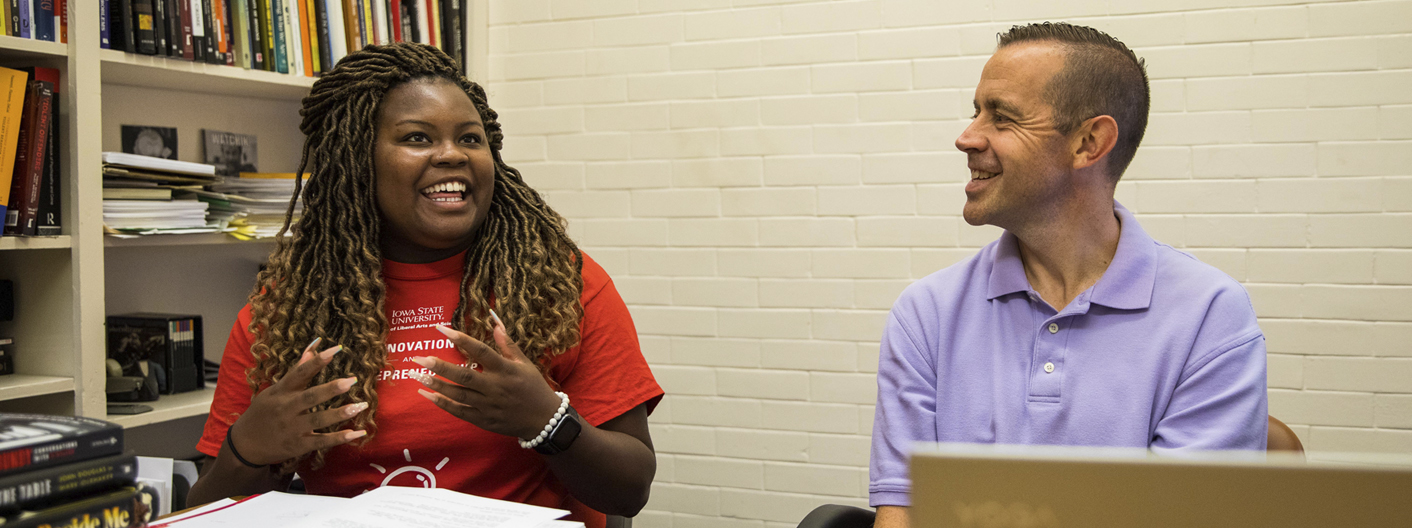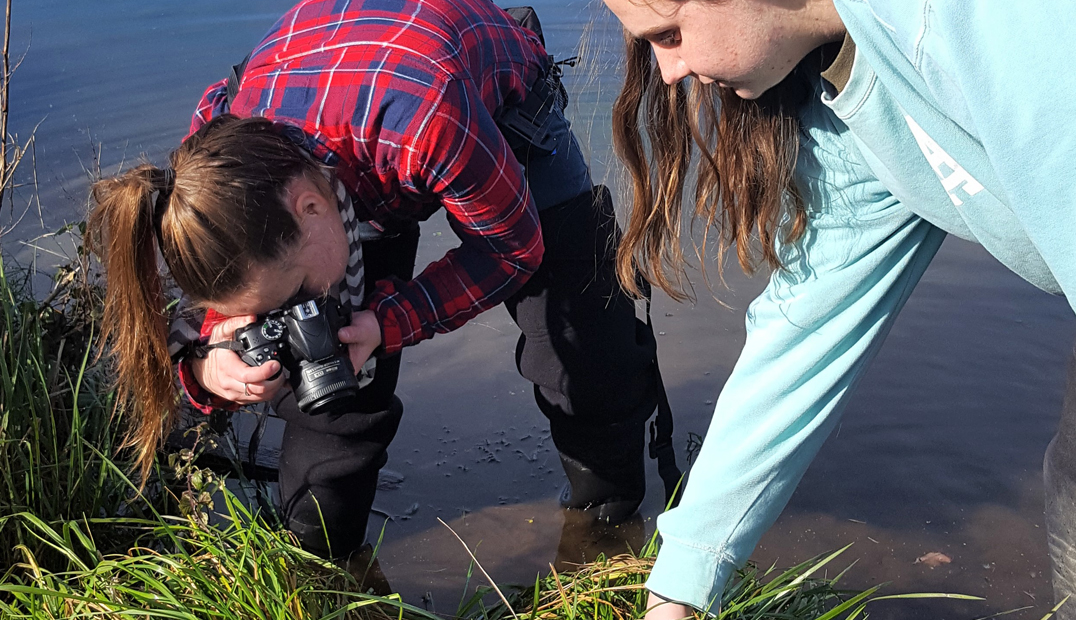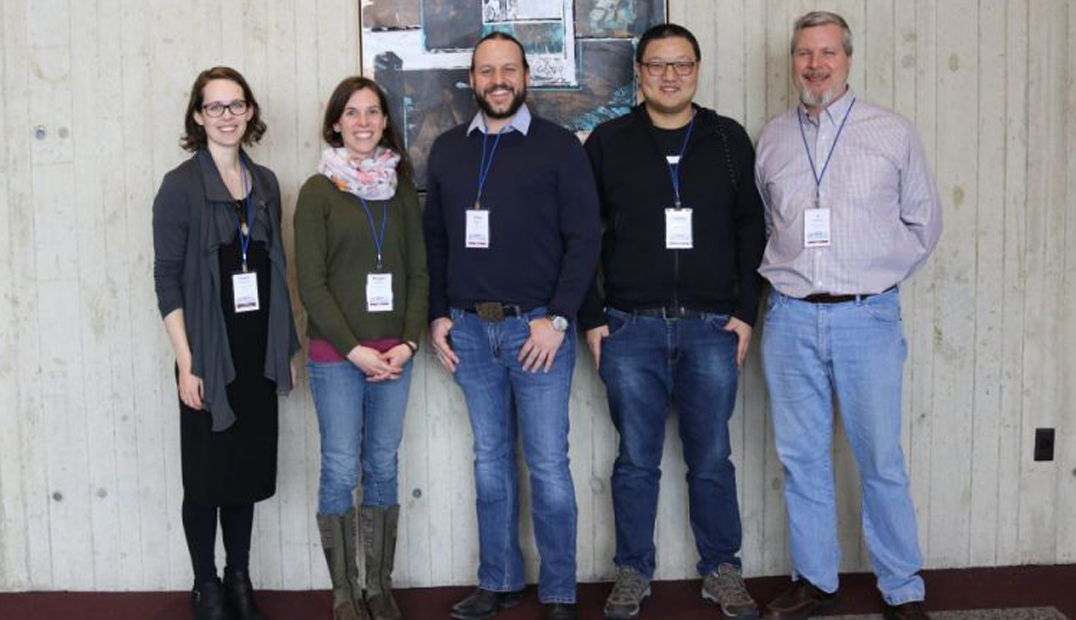The Department of Sociology and Criminal Justice offers a master’s degree and a Ph.D. in both sociology and rural sociology. Students seeking advanced degrees also may pursue co-majors and minors in these areas of study as well.
As a graduate student in sociology or rural sociology, you will become a capable and creative researcher by engaging in either independent or group research under the direction of award-winning faculty members. Preparation for the graduate degree is not confined to formal class work and activity on research projects. You will also work toward intellectual independence while developing an integrated grasp of the field. We encourage you to explore.





